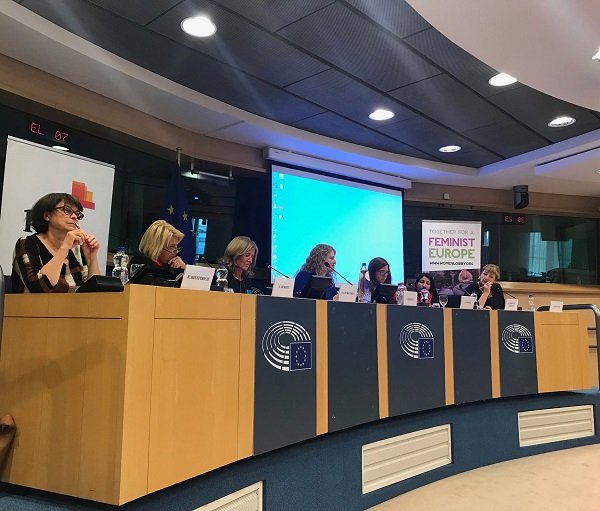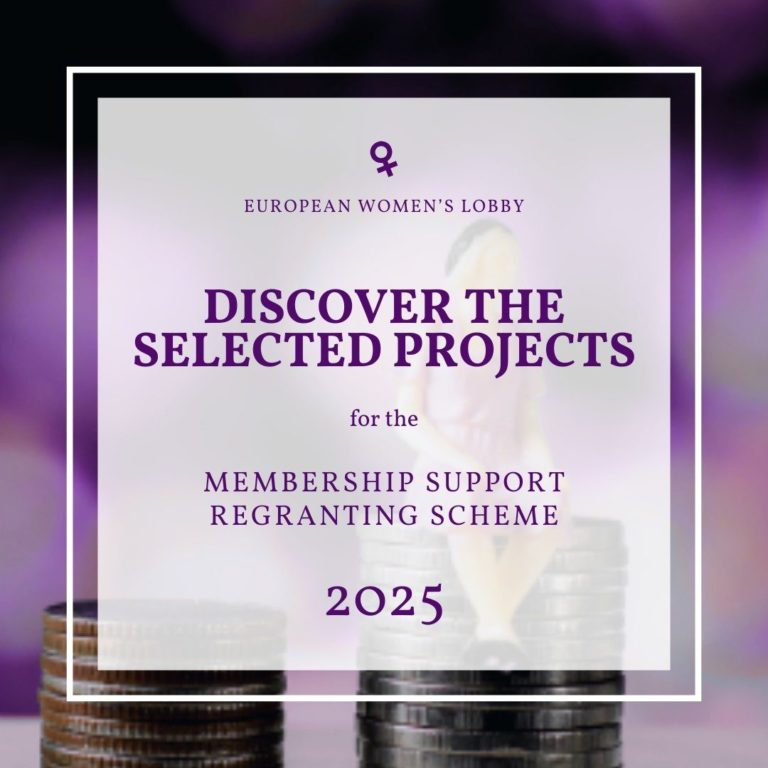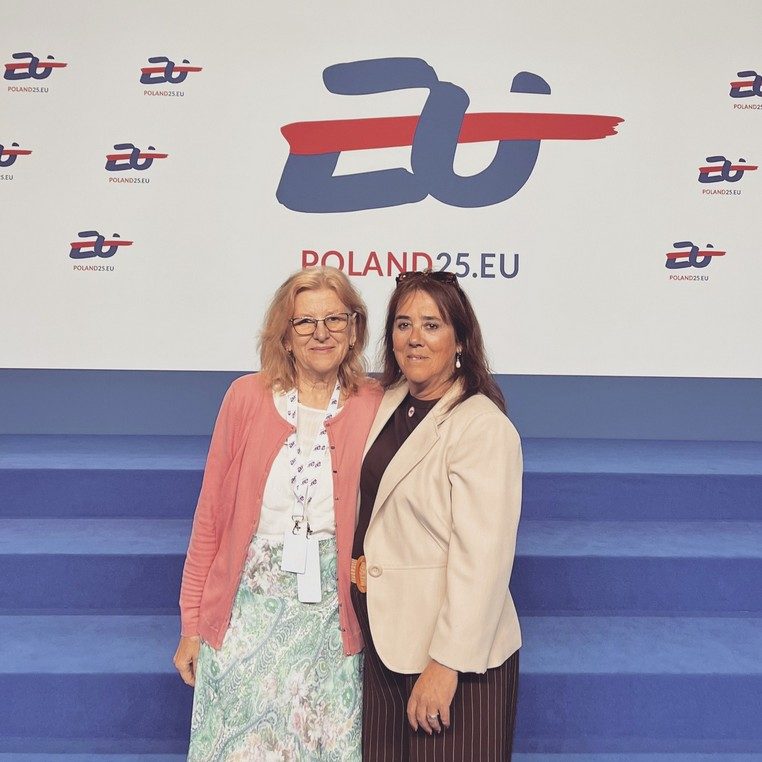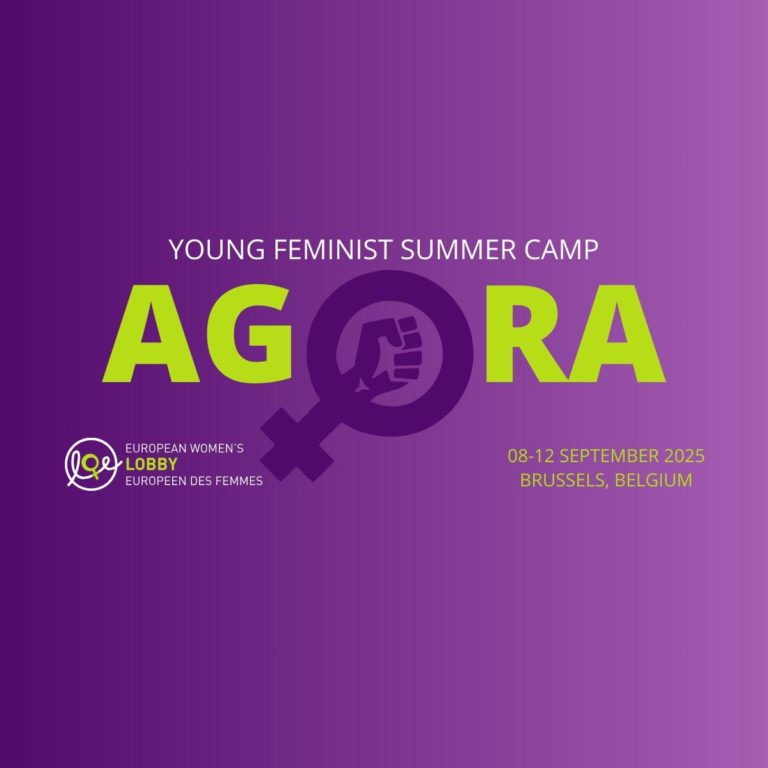[Brussels, 22 November 2018] On 6 November, the European Women’s Lobby and PwC organized the lunch-time event ‘Looking Backwards – Moving forwards: Women on Company Boards – what has been achieved and how to move forward in the future?’, hosted by Angelika Mlinar MEP from the ALDE Group.
The aim of the event was to discuss women’s leadership, primarily in the business sector, where women are still underrepresented in top positions. In particular, as the end of the European institutional mandate is approaching, the focus was on the past developments and the destiny of the Women on Boards Directive.
The latter was submitted nearly five years ago by the European Commission to address the under representation of women on company boards. One of the aims of this proposal was that a minimum of 40% of non-executive members on company boards should be filled by women by 2020 in the private sector and by 2018 in public-sector companies.
The panel included a rich array of women from both the private and public sectors who, together with the question session from the floor, brought the lively debate to conclude that working together and networking across sectors is an effective way forward to reach our common goal of ensuring that more women are in leadership roles.
Ms. Mlinar was replaced due to an urgent matter by Ms. Nadja Hirsch MEP from the ALDE Group, who stressed the importance of role models in promoting women’s leadership, notably for young female professionals. She reiterated that we cannot be satisfied with the results to date, highlighting how only 34% of MEPs in national parliaments are women and that the situation is not likely to change during the next term.
The debate was moderated by Ms. Sarah Churchman (OBE), Head of Diversity and Well Being at PwC, who opened the debate sharing her expertise as a senior Human Resources professional with over 30 years of experience, 17 of which in the area of Diversity & Inclusion. She then moved on to describe how PwC’s policy is more leaned towards targets than quotas and how the former really helped the company increasing gender balance.
Ms. Luisa Prista, Head of Department at the EU Executive Agency for SMEs (EASME), who highlighted the importance of not trying to fix women but fixing the system instead. She also stressed the importance of visibility and of introducing quotas, as they are the most effective instrument to ensure women’s representation.
Agnes Hubert, President of the feminist think tank Gender5plus, emphasised the necessity to look at the bigger picture and to deconstruct gender stereotypes. She then stressed how the EU is still failing to engage women, whose turnout in European elections is lower than that of men. Finally, she insisted on the transformative power the Directive would have in making gender quality rules truly effective and not negotiable.
Ms. Monica Mireles Serrano, Head of EU Affairs at IKEA, reiterated how gender equality makes businesses more innovative, creative and profitable. She then shared her experience in IKEA, highlighting how, even if some steps forward have been made, there has not yet been a female CEO. Ms. Serrano concluded by bringing attention to the fact that creating an inclusive work environment often means adapting to different needs and cultural contexts.
Ms. Barbara Helfferich, founder of the Gender Equality for Better Business (GEBB) initiative, stressed the importance of not only setting quotas but also addressing the broader context. In particular, she stressed the need to harmonize existing rules regarding maternity leave and pay levels. Moreover, Ms. Helfferich reiterated how gender-equality can improve a company’s productivity, ability to attract and retain talent, decision-making, and its financial performance.
The debate was closed by the European Women’s Lobby Secretary General, Joanna Maycock, who highlighted how more gender equality improves decision making, in both politics and business. She also stressed the need to target the latter, as it holds the economic and political power. She stressed that legislation is a means to an end and not an end in itself and plays an important role in accelerating change. Finally, she presented the EWL’s 50/50 Campaign, aimed at increasing women participation in the upcoming European Elections.





